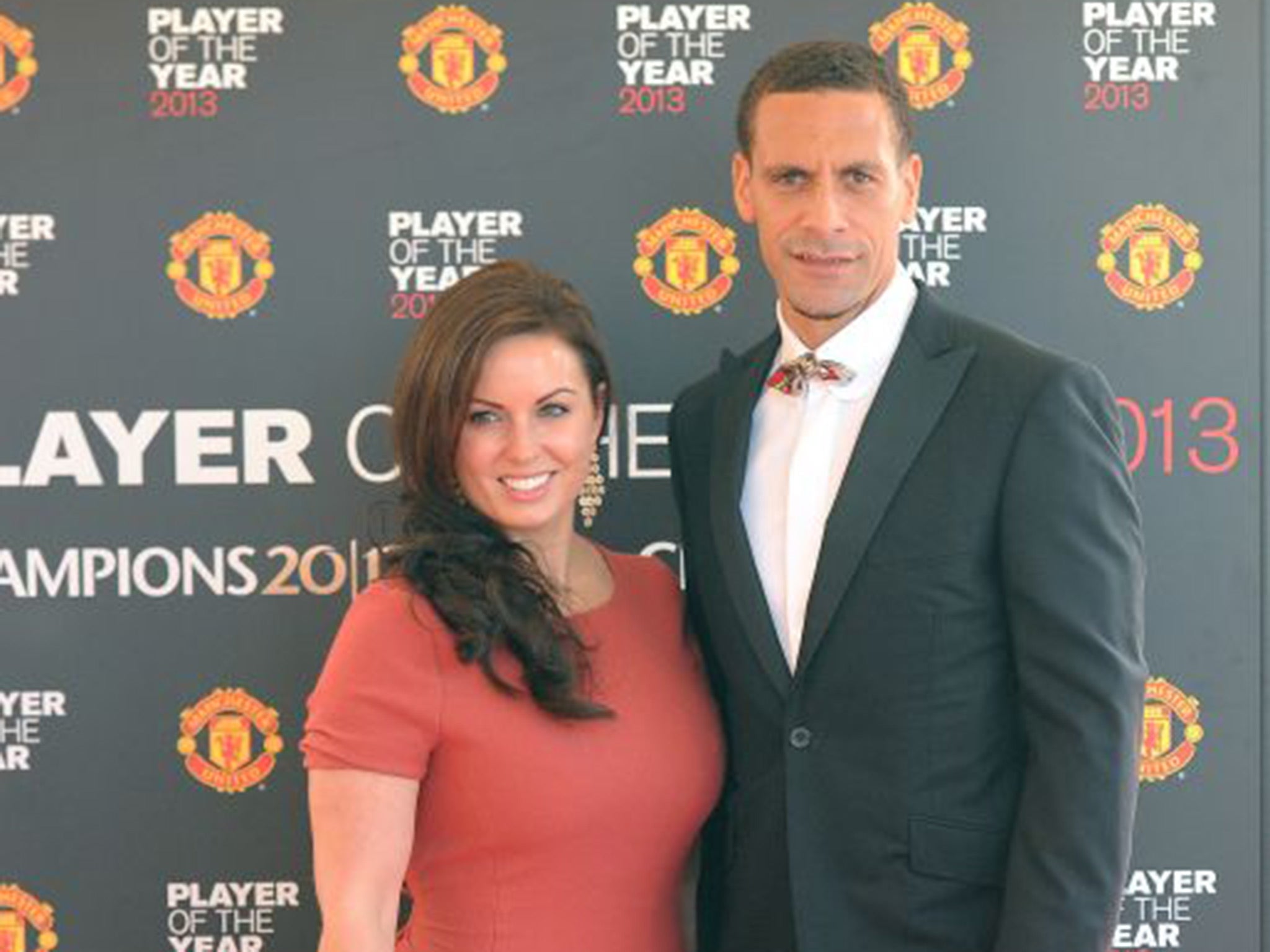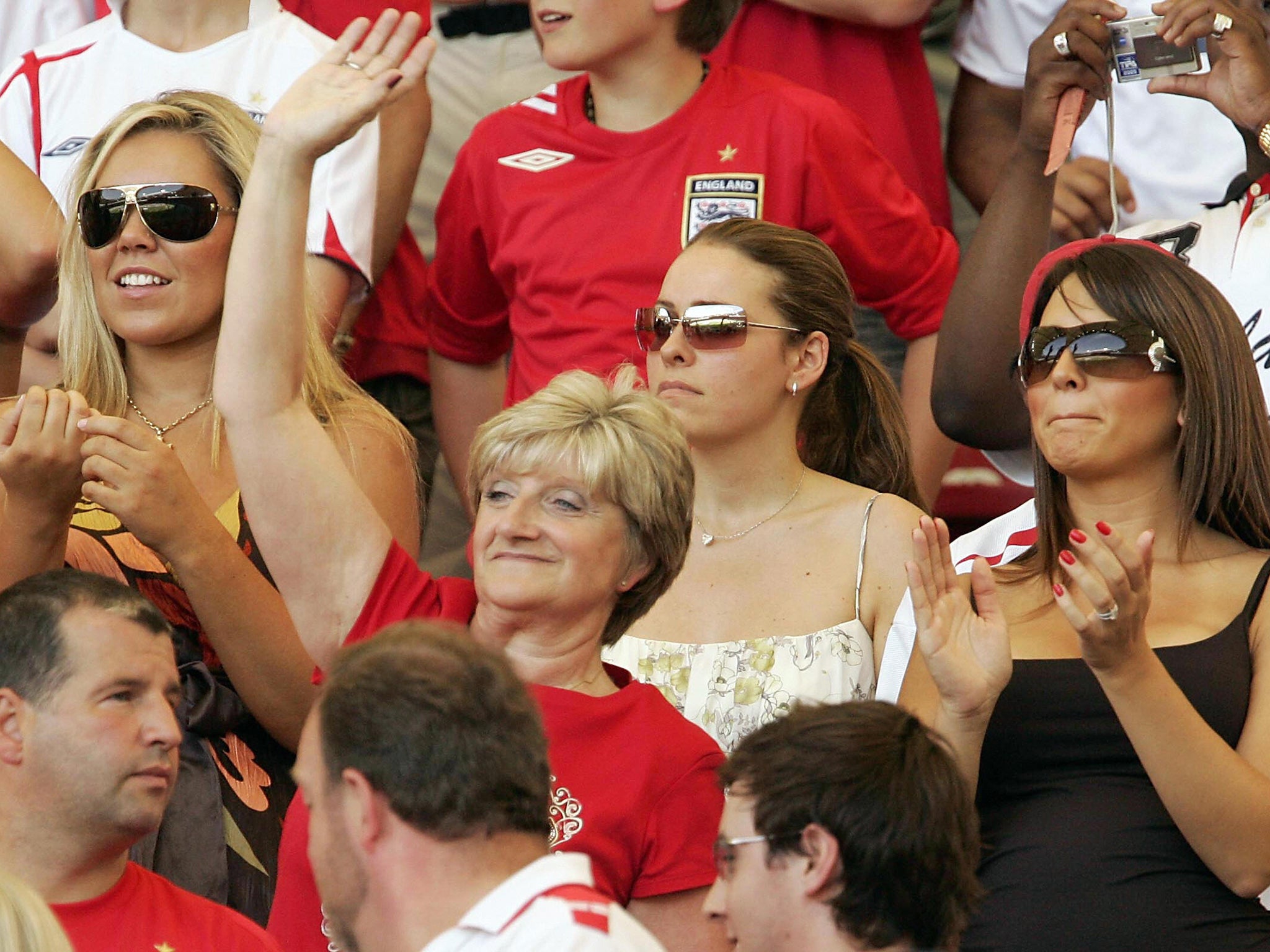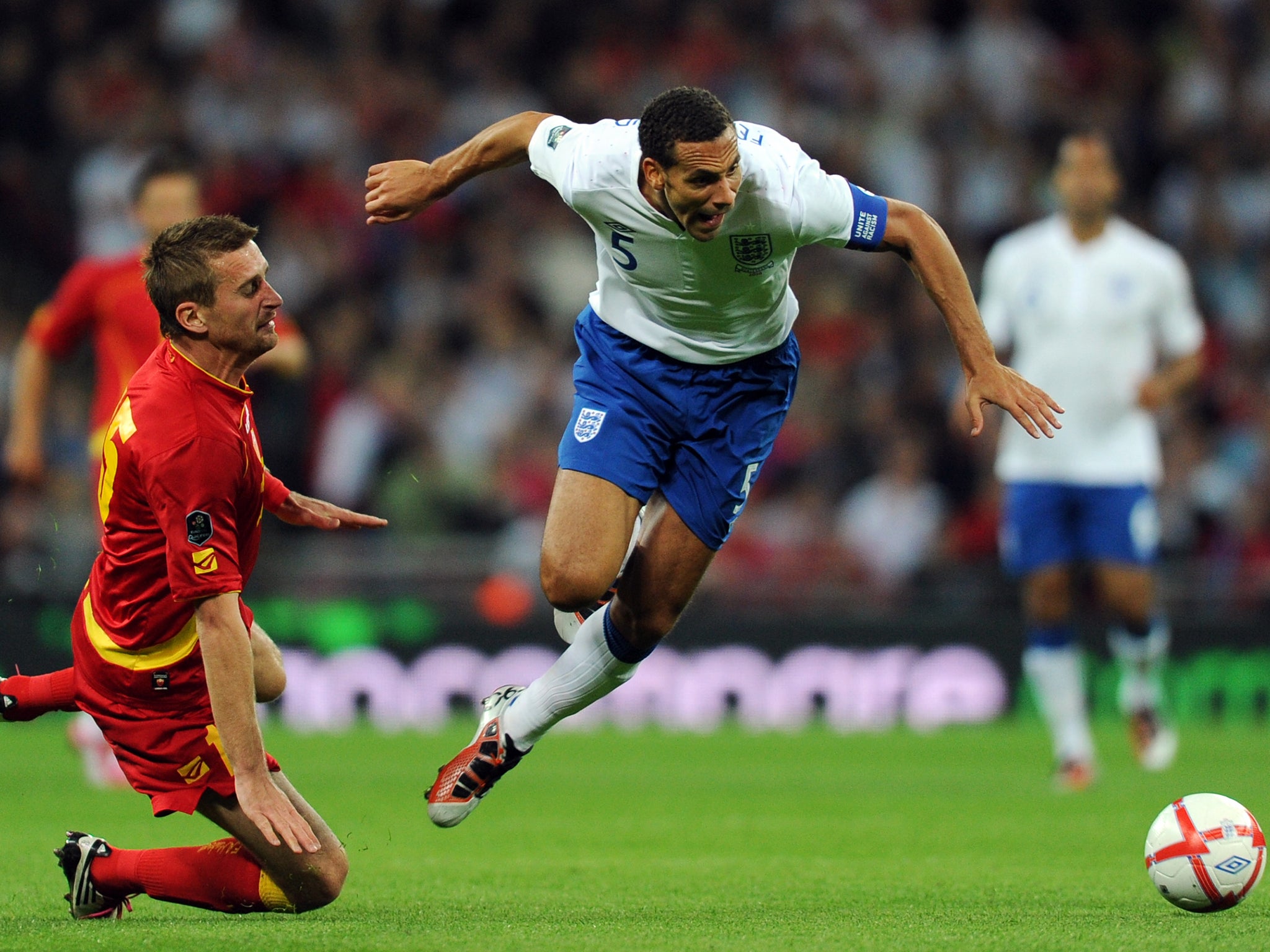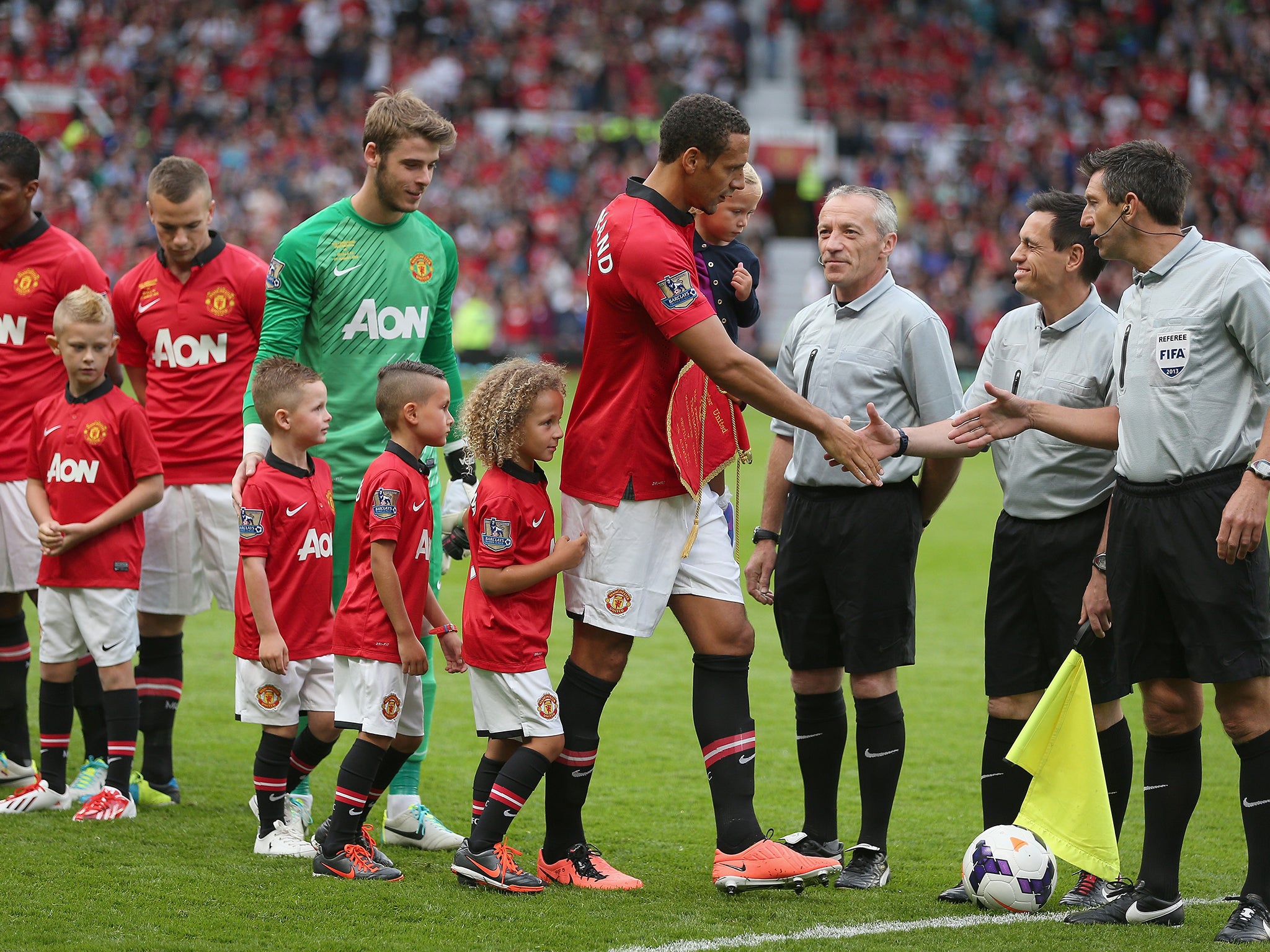Former Manchester United player Rio Ferdinand opens up about his wife Rebecca's death from breast cancer
Ferdinand has discussed the pain he felt after his wife, Rebecca, died from breast cancer in 2015 as well as his problems with alcohol in an emotional new BBC documentary

Rio Ferdinand has said he turned to alcohol following the death of his wife, and that the privileged life professional footballers lead left him completely unable to cope with becoming a single dad.
Ferdinand's wife Rebecca, the mother of their three children, died in 2015 aged 34 after a short battle with breast cancer.
Ferdinand, who discusses the death of his wife as part of a new documentary exploring the impact on parents who lose their partners, has said that spending his whole life playing football left him with little idea how to act like a single parent.
“In football you don't lift a finger until you go over the white line to play,” said Ferdinand in this week’s copy of the Radio Times.
“Everything is done for you. When you sit down, your kit's in your locker. When you finish getting changed, you throw your kit on the floor. Someone comes in and picks all that up.
“Your boots, they're muddy, someone comes in and gets them, cleans them, "Are they all right for you?" 'No, they're not clean enough. Can you take them back please?'
“When you get to an airport you don't even look at a sign, you just follow feet. Then at home we'd go on holiday, for instance, and all I had to do was pack my own bag because Rebecca packed.
“It was even, like, 'How do I go to the doctor's?' I'd only ever seen the club doctor. I didn't have a clue.”
Ferdinand – who played for West Ham, Leeds, Manchester United and Queens Park Rangers before retiring in 2015 – said that even tasks like the school run proved difficult after Rebecca died.
"The first time they went back to school, which was probably about three or four days later, I woke up in the morning and I was scrambling around the house,” he said.
"They were late - it's the first time they've ever been late for school because I was having a panic attack in the house. I'm having to go into a room on my own and sit there and go, 'What happens now?'
"And then I've got one of them in the car going, 'Mum wouldn't do this.'
"You just don't know what to do really."

The former England captain also revealed how he turned to drink in the dark days following Rebecca’s death, waking up in the middle of the night to drink alone.
"At the beginning I was drinking a lot at night time,” the former defender, who now works as a pundit for BT Sport, said.
"We have a lady lucky enough who lives with us, she would go to bed and I'd come back down in the middle of the night and probably drink a lot for the first three or four months.
"But I would get up and do the school run and stuff."

Ferdinand has said that since his own loss he can sympathise with people who go to "dark places".
He said he leaned on the people around him and kept moving forwards for his children, but that he understands how it can affect those who may not have the same support.
"That's why a network of people around you is so important," he said.

"And I was fortunate to have that and also having my kids as inspiration to make sure I get up and do things and try and make things work.
"Some people aren't afforded that, some people haven't got that, and that's when I started to become a bit more sympathetic when people do go to places that are dark places.
"I used to look at people or read stories and think, how can you be so selfish and commit suicide or attempt to commit suicide or whatever.
"But I can actually sympathise now because I understand that you get to places where you think, if I didn't have that network of people or my kids who I use as an inspiration to be able to get up and think straight, I can understand that."
Ferdinand's 60-minute BBC documentary will see the star try to understand how widowed parents manage grief and support their children.
Rio Ferdinand: Being Mum And Dad airs on BBC1 on Tuesday March 28 at 9.00pm.
Additional reporting by PA.
Join our commenting forum
Join thought-provoking conversations, follow other Independent readers and see their replies
Comments
Bookmark popover
Removed from bookmarks